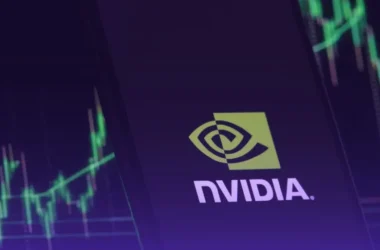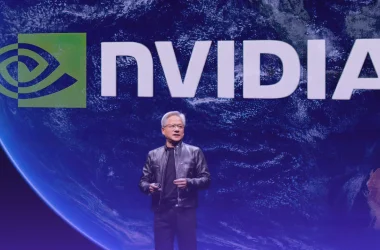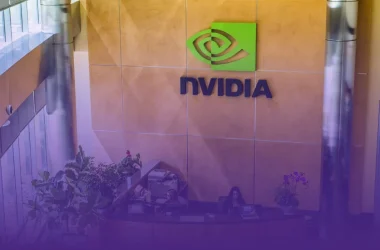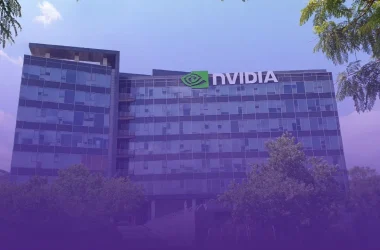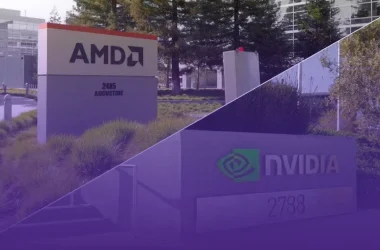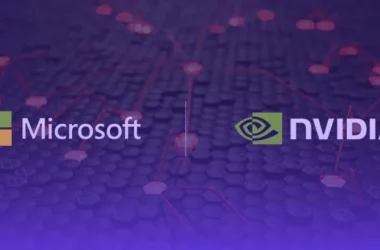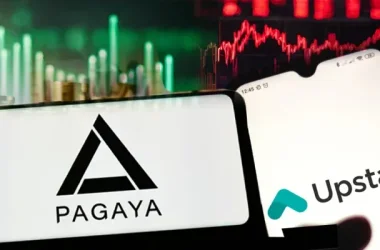After a failed attempt to go public in 2021, clearing company Apex Fintech Solutions has filed for an IPO, with its CEO, William Capuzzi, making it clear that the company has learned its lesson and is never attempting a SPAC deal again.
The news brought the clearing firm to the spotlight, and many have raised the possibility of SoFi Technologies attempting to acquire the “fintech for fintechs” once more, after it previously tried to do so in 2018 but failed.
Not many people know about this failed attempt, and the attention it’s gaining now has raised these questions: Why did SoFi want to acquire Apex in the first place? Why did the deal fail? What would Apex add to SoFi if an acquisition ever happens?
Apex’s IPO attempts
Dallas-based clearing firm Apex Fintech Solutions has confidentially filed for an IPO, marking the company’s second attempt at going public after it canceled its $4.7 billion SPAC deal in 2021.
At that time, it agreed to merge with a special purpose acquisition company called Northern Star Investment Corp because Apex thought it was a faster route to the public equities market, according to CEO William Capuzzi.
Capuzzi also explained in an interview in October of this year that Apex filed its S-4 form in March of 2021 and had expected that it would be able to go public in the following June. However, the form ended up sitting in regulatory review for months, which led to Apex pulling out of the deal in December 2021.
Apex thinks that the regulatory processes slowed because of its connections to crypto. The company had a platform that supported its clients offering crypto, and Capuzzi had said that the SEC still had difficulties understanding how to think about crypto, which halted the process.
It’s important to note that other firms with crypto connections, such as eToro and Circle, also filed for SPAC mergers in 2021, but the SEC never signed off on them.
Even though Capuzzi thinks that the SEC today has a better understanding of crypto than it did in 2021, Apex still sold the crypto business that apparently held up its SPAC merger to Bakkt Holdings last year. The crypto business was holding Apex back from the answers it needed to get from regulators, and keeping it was too much of a risk, according to the CEO.
Overall, the move to go public comes at a good time for Apex, as investor sentiment is slowly recovering after an extended dry dealmaking spell because of volatility in the market and high interest rates.
The company has not yet disclosed the number of shares or the pricing for the proposed offering, but the news of it going public has raised questions regarding one of Apex’s clients, SoFi Technologies.
Where SoFi Comes in…
SoFi had originally launched in 2011 as a student loan financing company for university graduates, but it has since then expanded to personal and mortgage loans, refinances, wealth management services, stocks and internet banking.
SoFi also has a shared history with Apex. A few years ago, SoFi made a bid to acquire Apex in order to grow its wealth management platform and become a personal finance hub for managing people’s money. The acquisition would’ve saved SoFi a lot of costs as Apex would’ve allowed SoFi to handle its clearing and custody needs in-house.
However, the two parties couldn’t agree on a price, with Apex asking for $600 million. The acquisition didn’t happen, but SoFi still bought out a minority stake in Apex, which gave it around 17% of the clearing firm.
Will SoFi Attempt Another Acquisition?
Earlier in 2021, SoFi’s stake in Apex was reduced from 17% to less than 1% when Apex announced it was going to go public via the SPAC deal. So, why are questions about an acquisition coming up now when it failed in 2019?
The reason behind this could be SoFi’s desire to become a one stop shop for all fintech services, which was made obvious by its completely unique product offerings.
For starters, the company bought Galileo in 2020 for $1.2 billion. Galileo is an API-driven backend to support many account and payment functions, including direct deposits, ACH transfer, bill pay, transaction notifications, check balance, and point of sale authorization as well as many other capabilities. Its clients include companies such as Chime, Dave, MoneyLion and Robinhood.
Two years after it acquired Galileo, SoFi bought Technisys, which offered a cloud-native multi-core banking platform that shares data in a way that is more accessible than legacy systems that traditional banks use. Technisys can also run on AWS, Microsoft Azure, or Google Cloud, and scales easily to any size user.
That data could be used to better understand customers and cater products and services for them, which is extremely important for a financial institution. The importance of this was apparent as this acquisition was made a month after SoFi received its national bank charter.
The charter allowed the fintech company to operate in all 50 states as a licensed bank and to use deposits as collateral for lending. It also allows SoFi to act as a sponsor bank for other non-chartered banks or fintech, such as Chime, Dave and MoneyLion, which need a sponsor bank to keep their deposits.
But, the main benefit for SoFi is that it allows it to act as a sponsor bank for itself and allows it to gather more deposits and keep loans on its balance sheet for longer, which leads to stronger profits.
Even though there are a large number of companies that compete with Galileo and Technisys, and there are also thousands of chartered banks in the United States, SoFi is the only company in the market that offers multicore banking solutions and payment processing solutions combined. This is what makes SoFi unique and differentiates it from the competition.
However, some might think that SoFi is lacking when it comes to some aspects in the brokerage side of its business, such as clearing and custody of securities, which the company hasn’t touched on and still uses a third party, which is Apex, to provide these services.
Which is why some SoFi investors think that Apex, which focuses on enhancing brokerage functions such as opening accounts and onboarding, moving money, deposits and withdrawals, would be a perfect addition to SoFi’s product offerings.
SoFi’s Clearing Service
If SoFi previously expressed interest in taking its clearing and custody needs in-house, then perhaps it could attempt another acquisition of Apex in the future.
Not everyone is on board with this, however, with many saying that SoFi could just follow fellow fintech company Robinhood’s example and launch its own clearing firm. Robinhood used to be one of Apex’s clients, but it launched its own clearing service in 2018 as its customers grew.
While SoFi could follow suit, there’s still a lot of potential with Apex that makes it worth another look. The company is more than a clearing firm. It has roughly 220 clients, including prominent names like eToro, Webull, and Ally Financial. Along with these, the company is known for working with robo-advisors such as Betterment and Stash.
It also has more than $115 billion in assets under custody, and was one of the bidders to provide PayPal with technology infrastructure when the payments company was exploring ways to launch a platform that lets users trade individual stocks in 2021.
A merger of the two companies would probably have more impact than SoFi creating its own platform, as it’ll introduce SoFi to all of Apex’s clients, new markets, increase sales between the two companies as well as allow SoFi to take its own brokerage needs in-house.
All of this would help SoFi become one step closer to its goal of being the number one stop for all fintech and banking needs.
Is an Acquisition Possible?
Right now, the answer to this question is unclear. Apex was valued at nearly $5 billion in its failed SPAC deal in 2021, while SoFi couldn’t agree on a $600 million valuation.
However, the SPAC deal valuation is possibly overvalued, especially since federal interest rates in 2021 were near zero, which reduced borrowing costs for businesses and individuals. This caused retail investing to increase, with the peak daily retail flows into the U.S. stock market going from $1.28 billion in 2020 to $1.42 billion.
Notably, the peak daily retail flows decreased to $1.32 billion in 2022 when the Federal Reserve started increasing interest rates, a 7% decrease.
Additionally, many businesses’ valuations suffered in the end of 2021 from fear over the Omicron Covid-19 variant. SoFi’s stock itself fell by roughly 40% from November to December. Also, Apex sold its crypto business in 2022 for $155 million, which would decrease its valuation.
With all of this in mind, Apex’s current valuation is probably less than $4.7 billion, which doesn’t rule out the possibility of an acquisition, especially since if SoFi wants to expand and push SoFi Invest, it’ll need a clearing service sooner or later. Since Apex is attempting to go public, it’s unlikely that SoFi will attempt to acquire it again. However, the opportunities that could come from a merger are worth the consideration.
Disclaimer
Please visit and read our disclaimer here.

